EPFL pulls out of Hyperloop to focus on sustainability
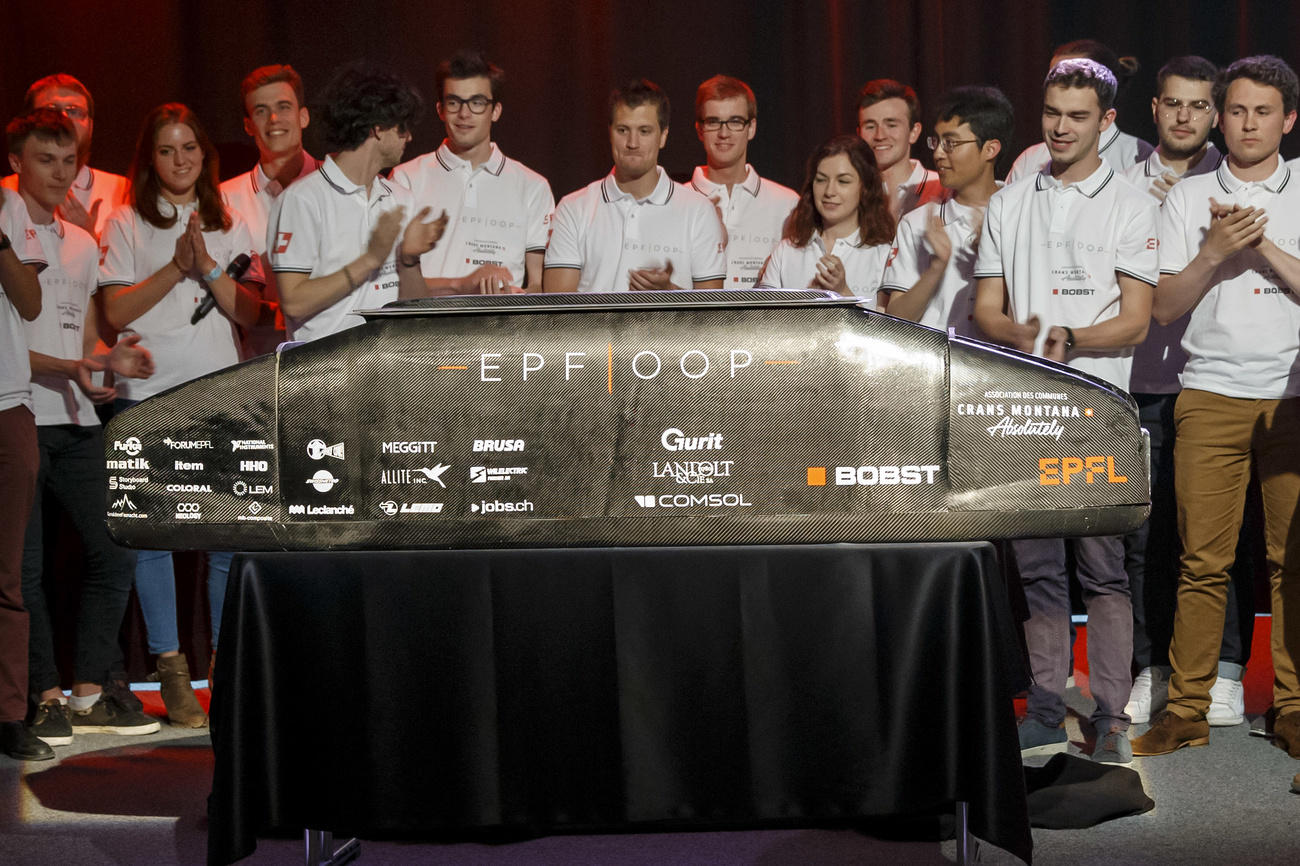
The Swiss Federal Institute of Technology Lausanne (EPFL) has announced that it will no longer compete in the Elon Musk-organised “Hyperloop” transport competition. The researchers are putting aside speed to focus on sustainability.
Held each year at the HQ of Elon Musk’s SpaceX group in California, the Hyperloop contest awards prizes for the best-developed transport pods: capsules capable of travelling at great speeds in vacuum tubes.
The competition was launched by Musk in 2015 in an effort to develop a high-speed transport means for the future. He wants to develop a capsule capable of speeds of 1,200km/h that could ferry people from Los Angeles to San Francisco in under 30 minutes.
EPFL, one of Switzerland’s high-performing federal technology institutes, is very good at Hyperloop. Both in 2018 and 2019, students from the EFPL finished in third place – most recently, in July, their “Bella Lui” managed 238km/h on the test course.
The capsule, built to function in a vacuum, measured two to three metres in length and weighed some 200 kilograms. Powered by electricity or batteries, it needed to be able not just to reach top speeds quickly but also to stop suddenly – the EPFL model was capable of braking from 500km/h to zero in two seconds.
Rather than focusing on beating speed records, the goal is to develop more energy-efficient capsules that are aligned with the initial mission of the research programme: to develop fast, but more importantly, ecological modes of future transport.
“We’re at a point where we need to leave the student competition and do some more robust research,” explained Mario Paolone, the professor who managed the EPFL team. While Hyperloop brought welcome attention to the technology, he said the goal was now to “go further”.
The researchers want to develop a prototype with commercial potential which could compete with planes on intra-continental journeys. As climate debates begin to affect choices and forms of transport, they hope that the financial and political time might be right.
“EPFL’s goal is also to foster the transfer of technology [from research to industry] and innovation,” Paolone told Swiss public radio, RTS. “I think we can have good arguments to sell this technology at a political level. But for now we don’t yet have solid figures.”
Swiss authorities are clearly interested: the Swiss Federal Railways is also planning to build and test a high-speed hyperloop system in an industrial zone in canton Valais, it was announced last year.
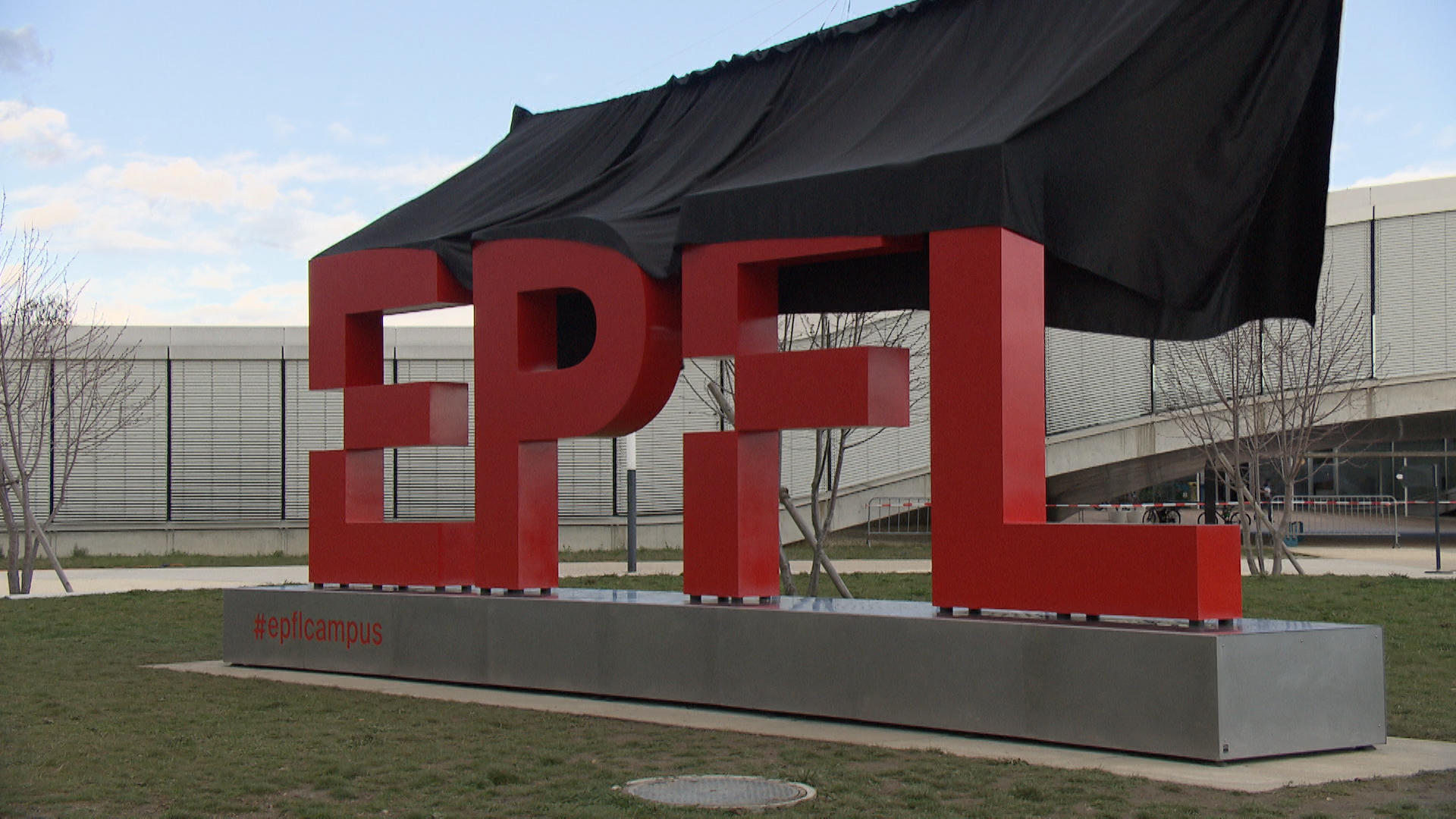
More
EPFL marks 50 years of scientific progress

In compliance with the JTI standards
More: SWI swissinfo.ch certified by the Journalism Trust Initiative
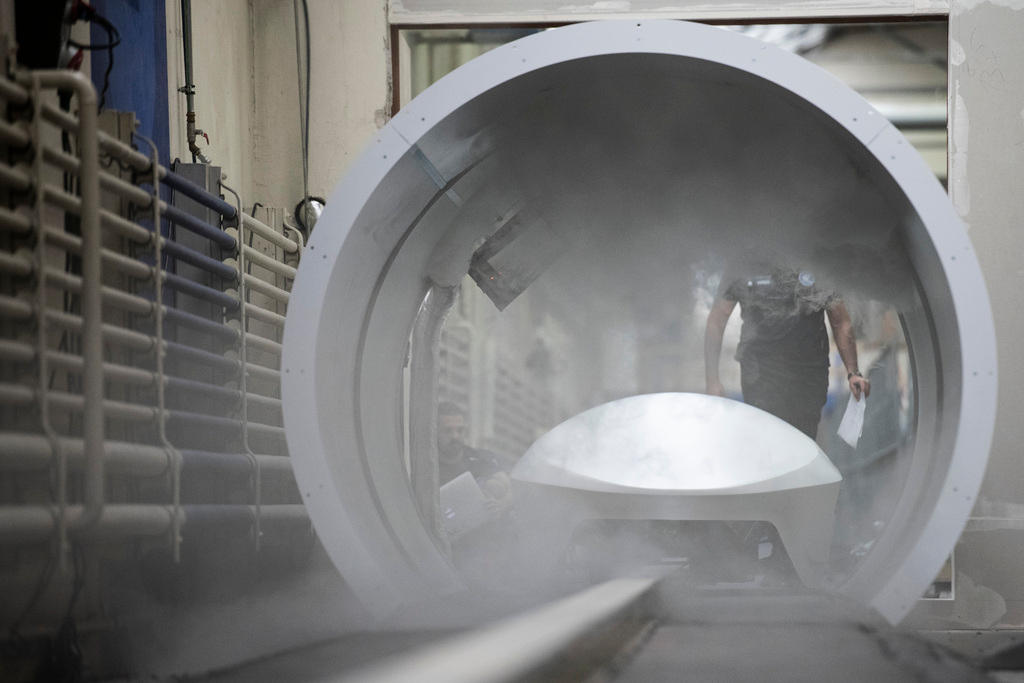
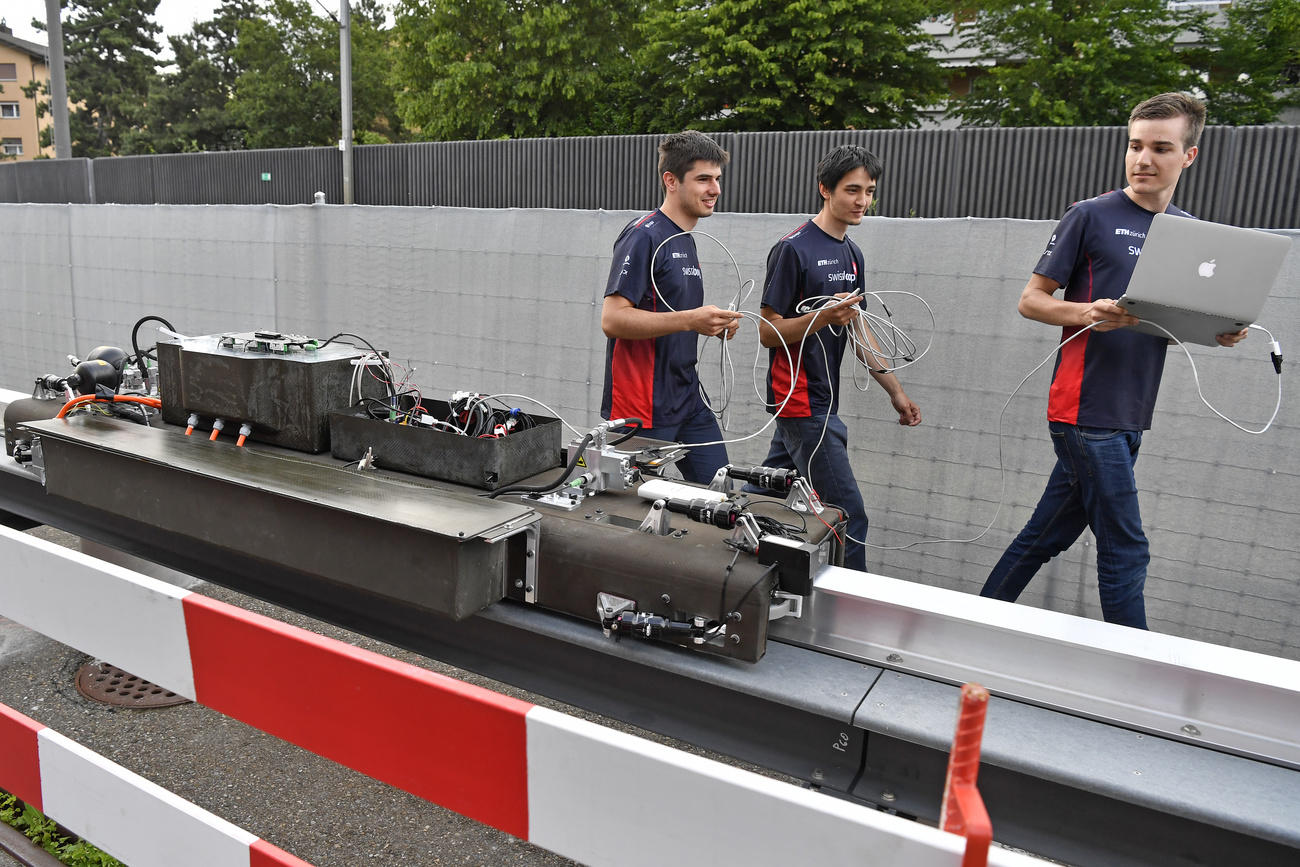
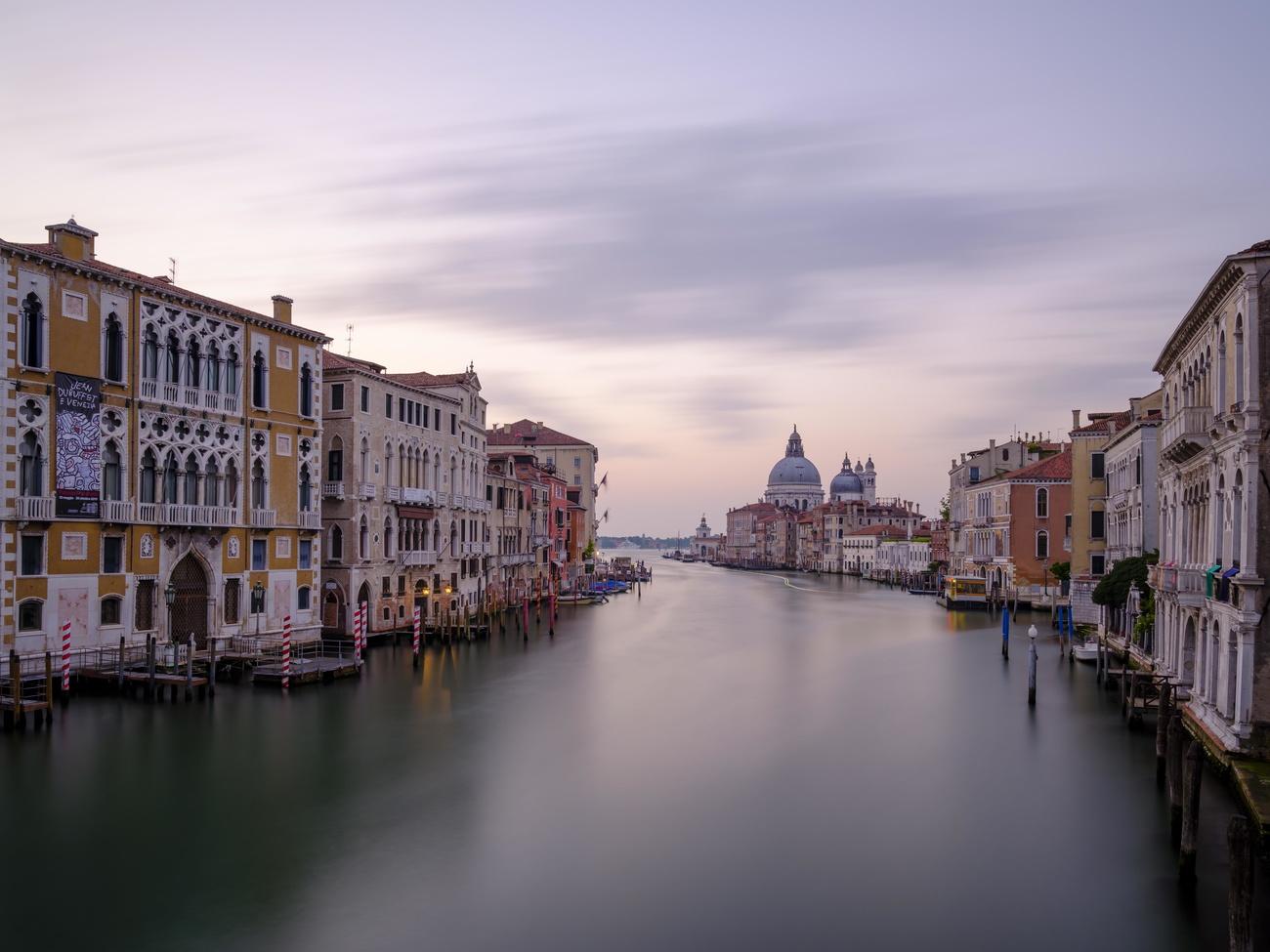
You can find an overview of ongoing debates with our journalists here. Please join us!
If you want to start a conversation about a topic raised in this article or want to report factual errors, email us at english@swissinfo.ch.